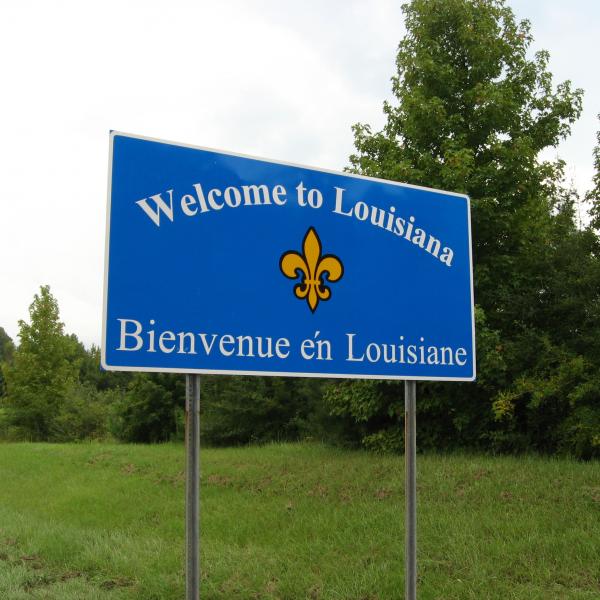Before the institute, I was pretty much convinced that Booker T. Washington was a disaster for black people and an unfortunate player in determining the course of black history and circumstances. I viewed his policies as limiting and detrimental to the entire black race. On the flipside, I thought DuBois was completely heroic, and his efforts had moved the race forward. The complexity of DuBois’ focus on the talented 10th, and his desire to create an elite class while the other 90% of us were left out, is extremely complex and problematic; I have to rethink and reconsider the critical lens through which I will discuss and teach DuBois. At the same time, I will also have to reexamine Booker T. Washington and others from this period. I may not develop a favorable opinion of Booker T. Washington, but I may develop a more sympathetic stance. My opinion of DuBois is already less overwhelmingly positive, though still favorable for the most part. It is also interesting to realize that there were so many different schools of thought among the leadership (which is also problematic to say as if there was one group of leaders), and there is even a question of who the leadership was. Never before, in my studies of the Renaissance, did I have a sense of the generational differences that guided some of the impulses and decisions of the scholars and artists. Also, considering the shift from a focus on politics to a focus on art and culture is tremendously fascinating. This institute has helped many things make sense. And as much as we’ve talked about, there is so much more remaining. I feel quite inspired to continue thinking and learning about the New Negro Renaissance.
-- Vickie Adamson



